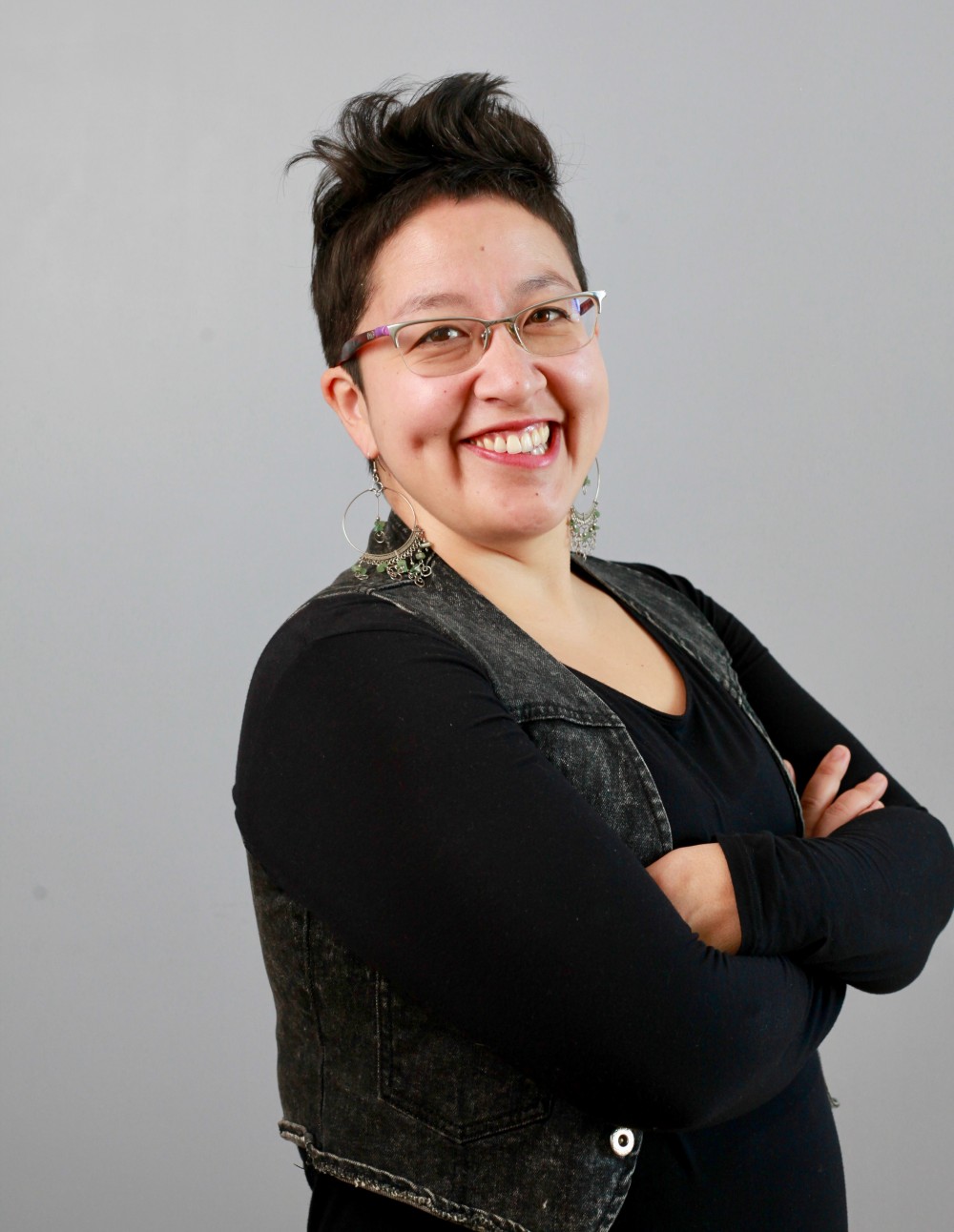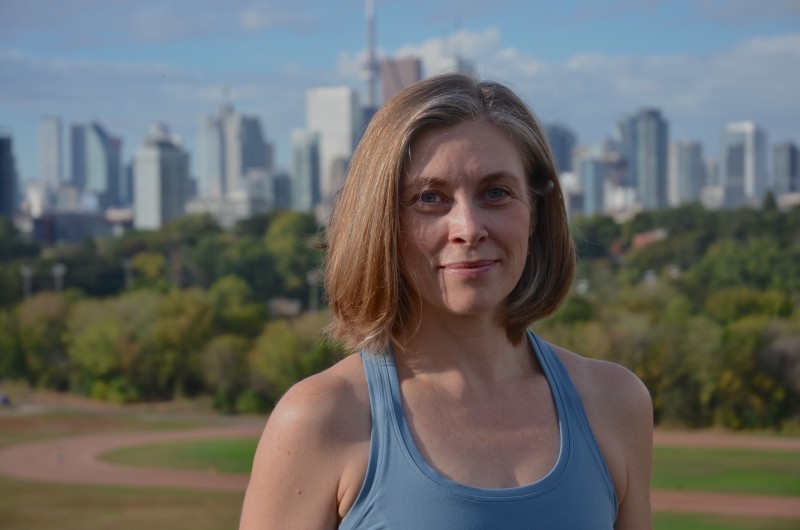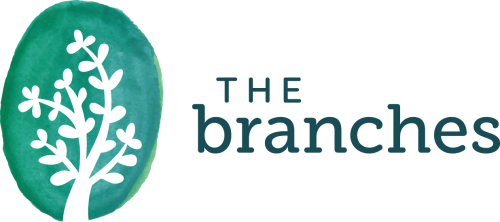Elevate your knowledge and teach more authentic, accessible, and informed yoga classes
Taking a 200-hour YTT and becoming a yoga teacher is only the beginning, and a lot of 200-hour training programs have big gaps in their curriculum regarding history, political contexts, social justice, and accessibility in yoga spaces. Our Decolonizing Yoga and Decolonizing Our Bodies modules have already begun. We have two more modules available this year.
- Accessible Yoga: Creating & Teaching Inclusive Classes - begins March 2026
- Rethinking the Breath: Functional Breathing & Pranayama - begins April 2026
Folks who aren’t yoga teachers are also welcome to join us to deepen their practice and understanding on these topics!
Accessible Yoga
Creating and Teaching Inclusive Classes
This comprehensive Continuing Education module empowers yoga and movement teachers to create truly inclusive spaces that welcome practitioners of all body sizes, abilities, and mobility levels. Led by Emma Dines, this training addresses critical gaps in traditional yoga teacher training by examining anti-fat bias, dismantling harmful myths about bodies and health, and providing practical tools for accessibility-centered teaching.
Through interactive lecture, hands-on practice, and reflective discussions, participants will explore how anti-fat bias and ableism show up in yoga spaces while developing strategies to actively counter these harmful patterns. Teachers will leave with concrete skills, and the confidence to serve diverse populations—from larger-bodied students to practitioners with disabilities and varying physical capabilities.
DATES:
- Session 1: Fri March 27, 7-9pm
- Session 2: Sat March 28, 1-3pm
- Session 3: May 22, 7-9pm
- Session 4: May 23, 3:30-5:30pm
Important details for Accessible Yoga
Sessions occur in March and May
8 hours total with Emma
$195+hst
A mix of online sessions with options to join for in-person sessions
Live attendance is encouraged to participate in discussions, but all recordings and supplemental materials are available to you for 1 year.
Get to know Accessible Yoga Faculty

Emma Dines (she/they)
Emma has been teaching since 2010. She is passionate about body positivity, poetry, and linking the practice of yoga to activism, social justice and caring for the wider world. Emma's training includes upwards of 750 hours of training with local and international teachers in the fields of yoga, strength training, functional movement, Ayurveda, anatomy, contact improvisation and the Axis Syllabus. She is a certified Yoga for Round Bodies™ teacher. Emma co-directs the Branches' 200-hour Teacher Training Program through which she has overseen the training and mentoring of close to 90 new teachers.
Rethinking the Breath
Functional Breathing & Pranayama
What if the cues we’ve been giving about breath—“breathe deeply,” “sigh it out”—aren’t always supportive? In this one-session module (with extensive recorded content), Jennifer Snowdon brings a trauma-informed and science-based lens to pranayama, helping teachers rethink cultural assumptions about breathing and integrate practices that are safer, effective, and more sustainable. You will also learn game-changing techniques to enhance and conserve your own energy while you teach, and use your breath more effectively as you speak.
DATES:
Session 1: 3 hours of preparatory videos with Jennifer (online, asynchronous)
Session 2: Thursday, April 2, 2026, 7-9pm (online)
Important Details
Session occurs in April
5 hours total with Jennifer: 3 recorded videos and 2 hours live online
$95+hst
Live attendance is encouraged to participate in discussions, but all recordings and supplemental materials are available to you for 1 year.
Get to know Rethinking the Breath Faculty

Jennifer Snowdon is a trauma-informed Integrative Breathing Therapist and yoga teacher, and her sessions will challenge you to reconsider everything you know about breathing through the lenses of culture, physiology and yoga history.
